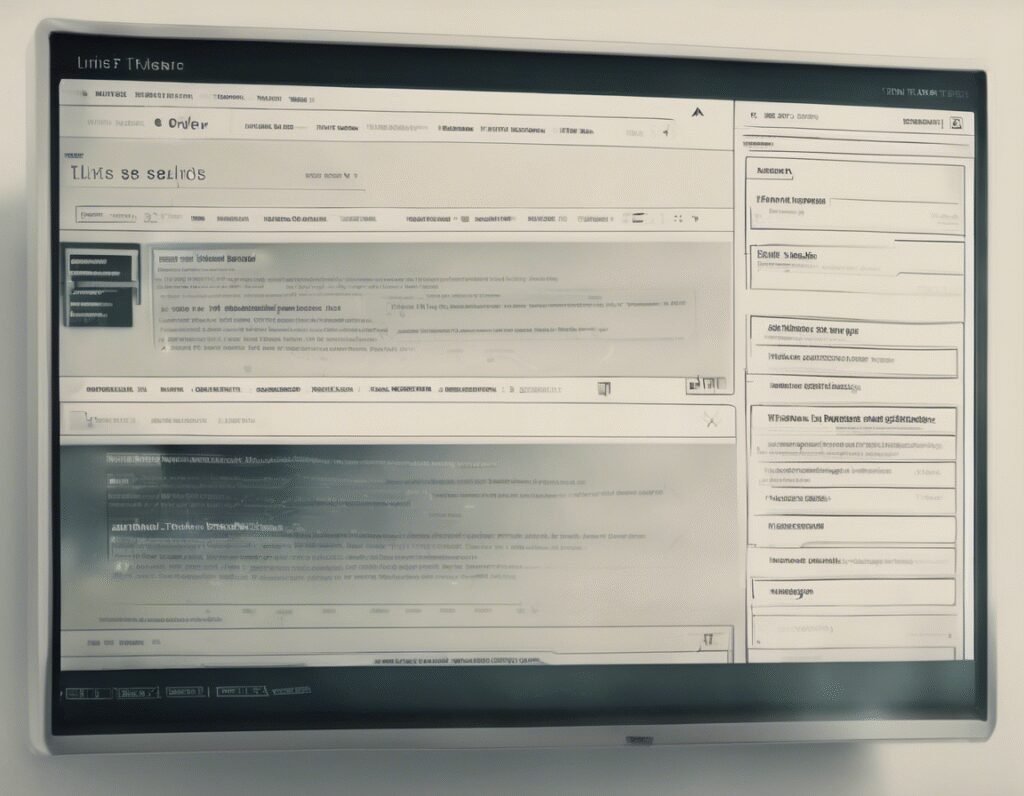Google’s latest AI experiment introduces Web Guide, a fresh approach to organizing search results using its Gemini AI tool. The feature aims to surface the most relevant content, but critics worry it could also give Google more control over which websites dominate search rankings.
In a demo shared alongside the announcement, Web Guide grouped search results for how to solo travel in Japan under distinct headers like Comprehensive Guides for Solo Travel in Japan, Personal Experiences and Tips from Solo Travelers, and Safety and Destination Recommendations. Each section displayed a few links with an option to expand for more. While AI-generated summaries appear at the top of each category, the example shown avoids directly copying content from other sources—a concern that has plagued previous AI search features.
Web Guide shares similarities with Google’s AI Mode, which integrates AI more deeply into search. AI Mode’s rollout in the U.S. sparked backlash from publishers, with the News/Media Alliance accusing Google of theft for summarizing content without driving traffic to original sources. A Pew Research study confirmed these fears, finding that users who saw AI summaries were less likely to click through to external websites. Without AI summaries, 15% of users clicked on search links, while only 8% did when summaries were present. Worse, 26% of users who saw AI summaries ended their browsing session entirely, compared to 16% without summaries.
Google has worked to improve AI accuracy, but past blunders—like recommending glue on pizza—remain a cautionary tale. Whether Web Guide will drive traffic to publishers or further reduce clicks remains unclear. For now, the feature is limited to opted-in users in the Web tab, but Google plans to expand its availability.
Given Google’s ongoing legal battles over anticompetitive search practices, the rollout of Web Guide will be closely watched. If it follows the path of AI Mode, publishers may have even more reason to worry about losing visibility in an AI-driven search landscape.


